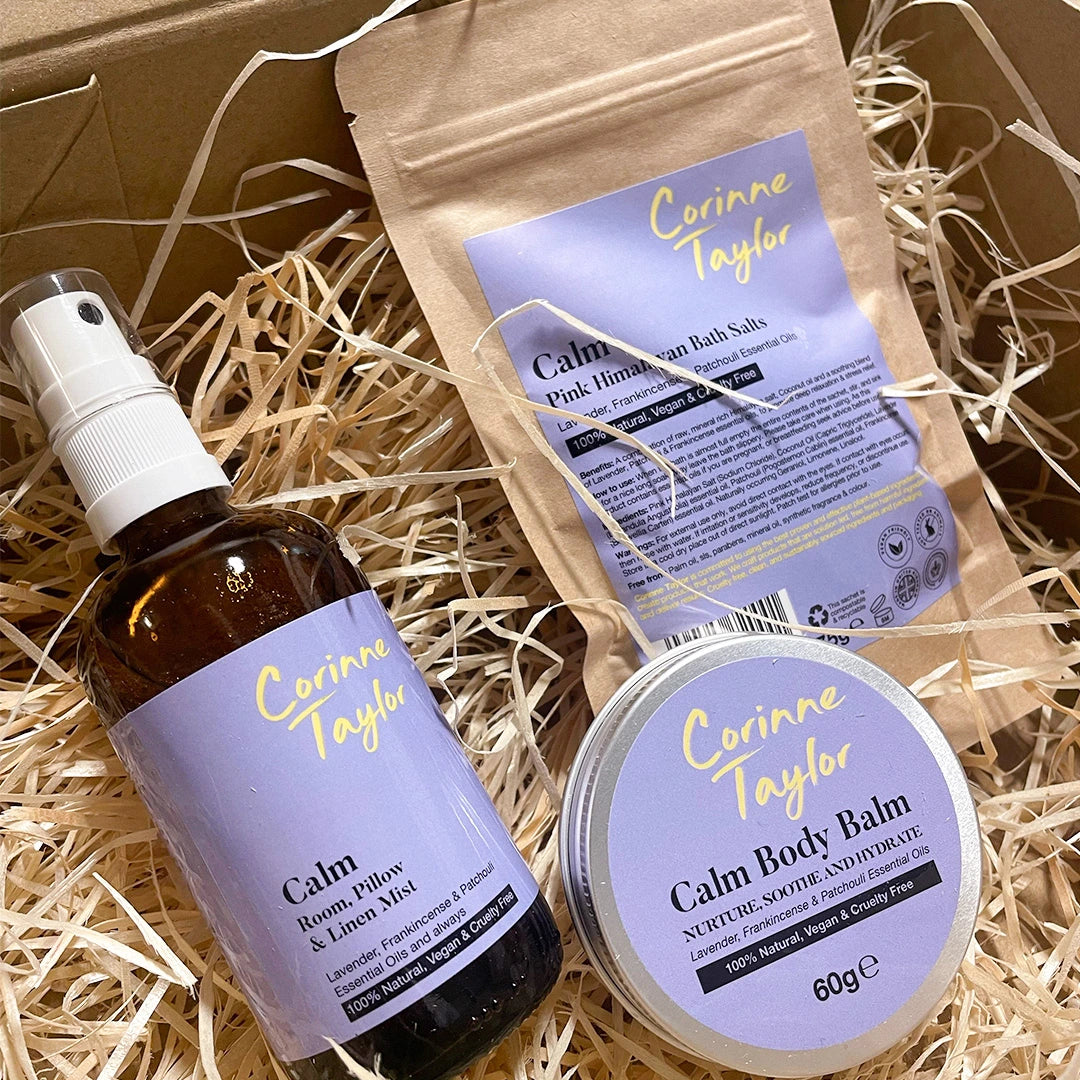
How to get involved in Plastic Free July
Plastic Free July has been running since 2011. It is the initiative of the Plastic Free Foundation, and their aim is to see a world free of plastic waste. Millions of people take part each year, and many of them commit to reduce plastic waste throughout July and beyond.

Our use of plastics is a huge issue that needs addressing world wide.
Plastics take hundreds of years to break down, it isn't easily recycled and burning releases dangerous chemicals. Just under 300 billion pieces of plastic waste are thrown away each year in the UK alone. Plastic waste fills our landfills and litters beaches and oceans.
People who take part in Plastic Free July on average reduce their household waste and recycling by 15kg per person per year, globally this is a reduction of 2.1 billion tonnes of waste and recycling including 300 million kgs of plastic consumption.
Here are five simple steps you can take today to cut down your plastic usage;
Ditch the clingfilm
Clingfilm might be easy to cover leftovers or wrap lunches, but there are plenty of more eco-friendly options. Switch to soy wax wraps for sandwices, cover bowls of leftovers with a bowl, or invest in resuable tubs to store food.
Refuse single use plastics
From straws to plastic bottles, takeaway cups to carrier bags, making better choices every day adds up to a big impact. Invest in reusable water bottles, cotton tote bags, metal or bamboo straws and take your own cup for your takeaway coffee.

Look for refillable or recyclable beauty products
Take a quick look around your bathroom, how many plastic bottles are there? hand wash, shampoo, deodorant, moisturiser.... they soon add up. Look for brands that use recyclable packaging, or better still offer a refill option.
Look out for packaging
If you take a walk around the supermarket, you might notice just how much packaging everything comes in. Our fruit and veg comes in plastic bags, fresh items are often in plastic containers. Purchase loose fruit and veg, make use of local greengrocers and deli's who will allow you to take your own containers, and opt for items that have no plastic wrapped around them.

Think about your wardrobe
The clothes we wear have just as much impact when it comes to reducing plastic waste. Research the environmental impact of your clothing, avoid low-quality plastic-based clothing, and opt to from ethical suppliers or second hand where possible. If you no longer need any of your clothing donate it to a charity rather than just throwing it away.






